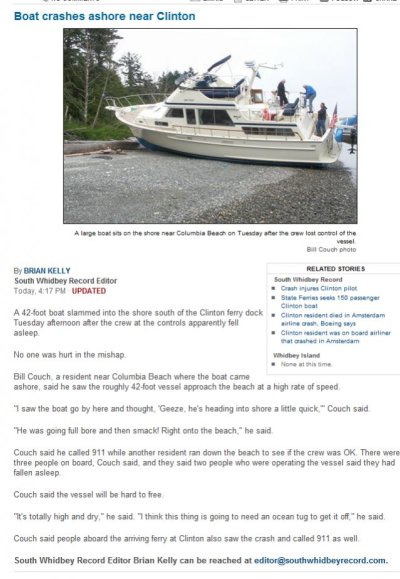Alaskan Sea-Duction
Guru
- Joined
- Jul 6, 2012
- Messages
- 8,084
- Location
- USA
- Vessel Name
- Alaskan Sea-Duction
- Vessel Make
- 1988 M/Y Camargue YachtFisher
We saw this boat in Wrangell
https://gcaptain.com/captains-fatig...139820873&mc_cid=da95134926&mc_eid=5b70bcca05.
So how many of us cruisers have water tight t bulkhead doors?
https://gcaptain.com/captains-fatig...139820873&mc_cid=da95134926&mc_eid=5b70bcca05.
So how many of us cruisers have water tight t bulkhead doors?


